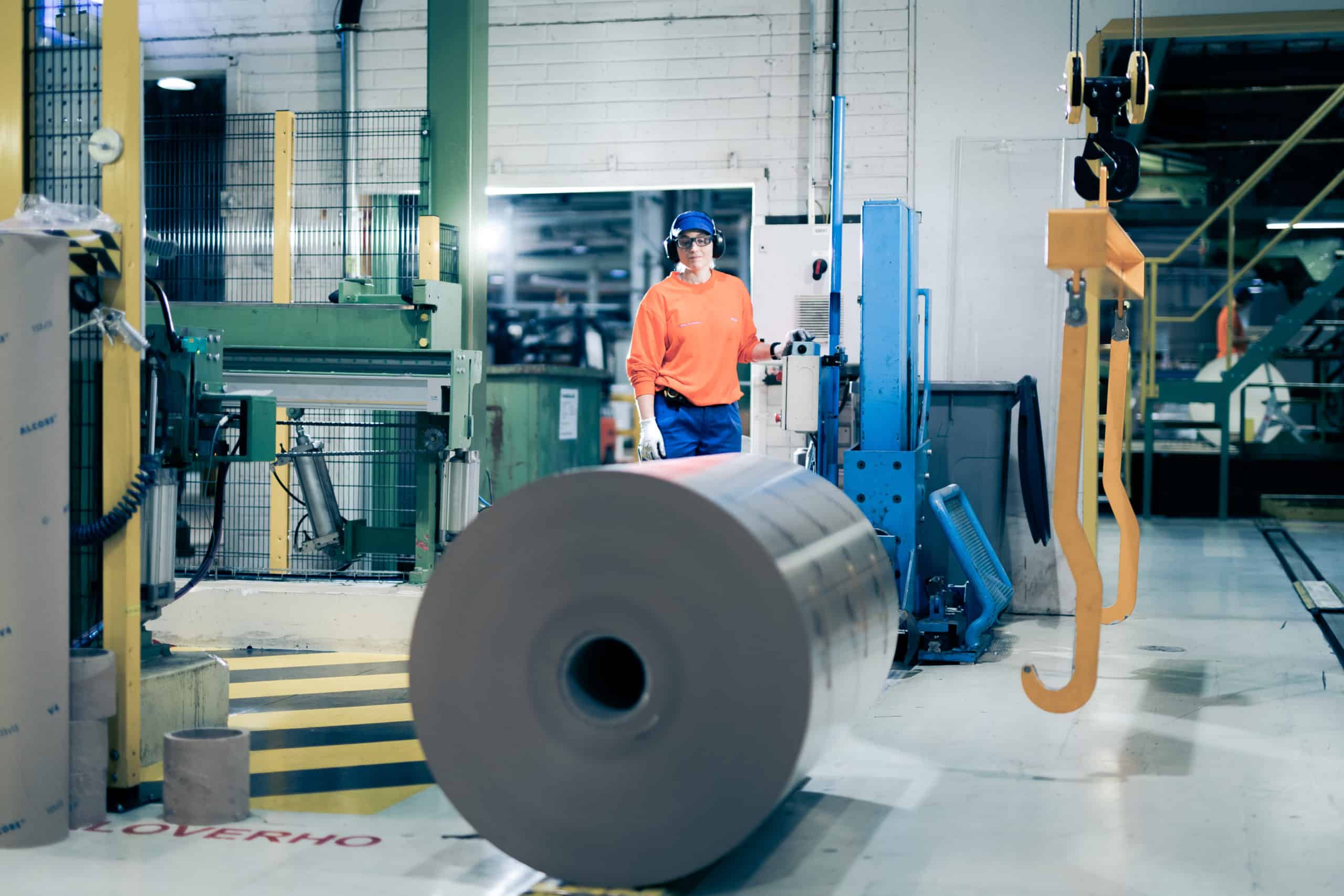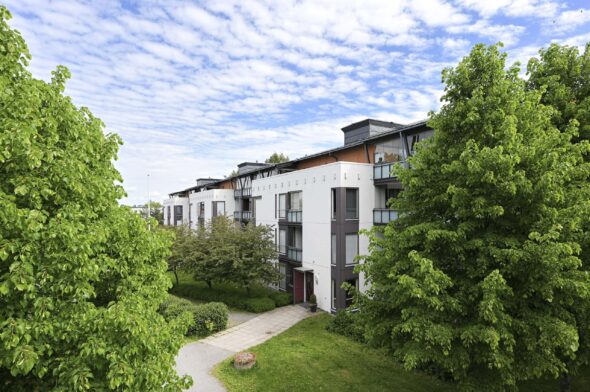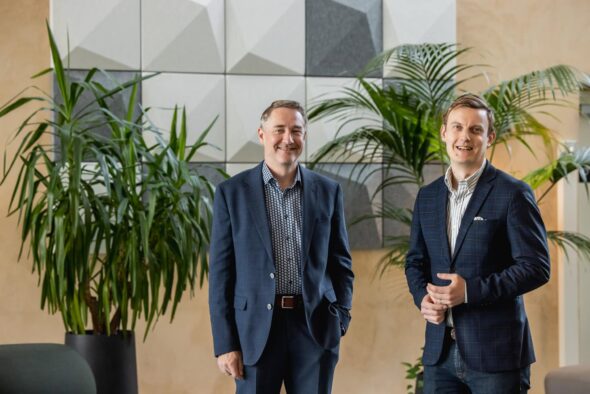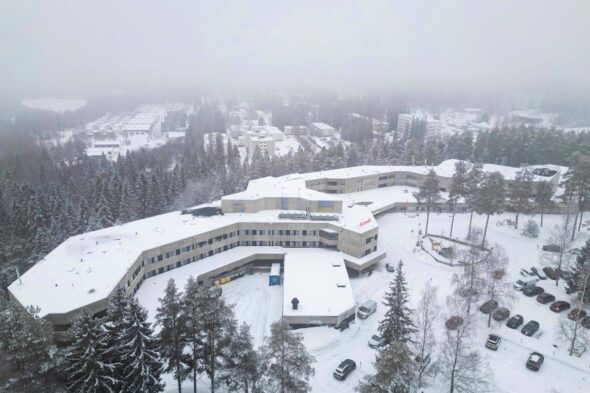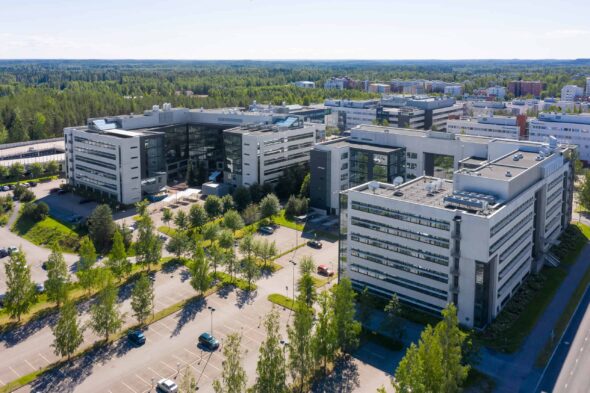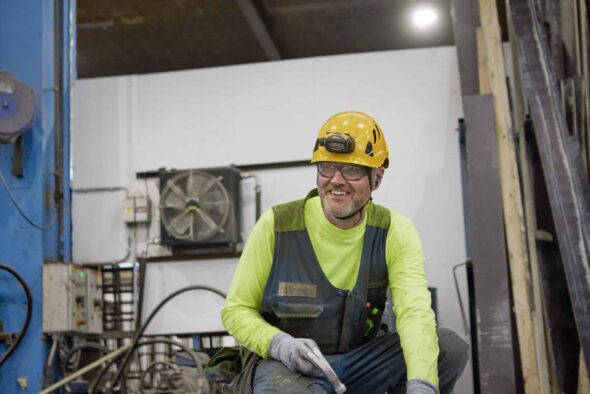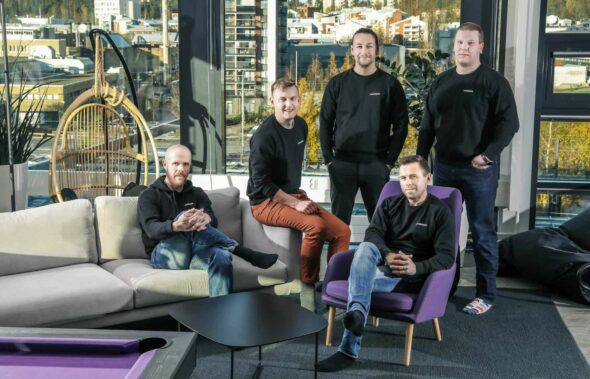Walki, a manufacturer of fibre-based packaging materials and technical laminates, is making comprehensive improvements to the energy efficiency of its Valkeakoski factory. Precise planning and rigorous project management will ensure that the energy renovation of the large factory can be completed with minimal disruption.
“We are now doing things that should have been done years ago,” says Janne Ahonen, plant manager.
“In the past, we have invested primarily in improving quality and efficiency at the factory. Now it’s time for energy efficiency. The current energy prices encourage us to find areas in our process where energy is being wasted.”
In cooperation with energy efficiency company LeaseGreen, Walki identified several areas at the Valkeakoski factory where energy savings were possible. The comprehensive energy renovation will modernise the factory’s ventilation and building automation, replace the electrical control panel for the ventilation machines, convert the lighting to LEDs and recover heat from the cooling and drying processes, which will be used to heat the building with an industrial heat pump. The need for natural gas, which has become much more expensive, will be reduced by a fifth.
Plant manager Ahonen particularly appreciates LeaseGreen’s holistic approach. It was easy to start developing the energy efficiency of a large factory with a competent partner.
“It is good to start such a large-scale project with a partner who will remain to monitor the functioning of the systems and take responsibility for ensuring that the promised savings are realised,” says Ahonen.
The savings are huge. The energy renovation will reduce the carbon footprint of the factory’s energy use by 45%, equivalent to more than 1,000 tonnes of carbon dioxide every year. Annual energy savings of more than 9 000 MWh will be achieved, while reducing the building’s repair debt, lowering maintenance costs and improving working conditions. The Valkeakoski factory employs around 180 walkers.
For Walk, it is important that there is enough insulation for consumers and packaging for customers. In practice, this means that all repairs and renovations at the factory are carried out with the aim of avoiding interruptions to production.
Kalle Myllyaho of LeaseGreen, who specialises in energy projects in industrial plants, says that the supply problems caused by the war in Ukraine and the koruna will increase the project’s difficulty factor.
“The absence of one component can affect the whole project schedule. The experience of our designers and project managers helps to anticipate challenging situations and come up with alternative solutions,” says Myllyaho.
“Good timetable planning, preparation and coordination of the different phases of the work are therefore particularly important. All other work must be done and prepared before the installations are carried out.”
LeaseGreen is known for designing and implementing energy efficiency projects that cause minimal disruption to the client’s business. In addition to industrial facilities, this is particularly important for spas, shopping centres and residential properties.
Further information
Kalle Myllyaho, Account Manager, LeaseGreen
+358 40 5116 588, kalle.myllyaho@leasegreen.com
